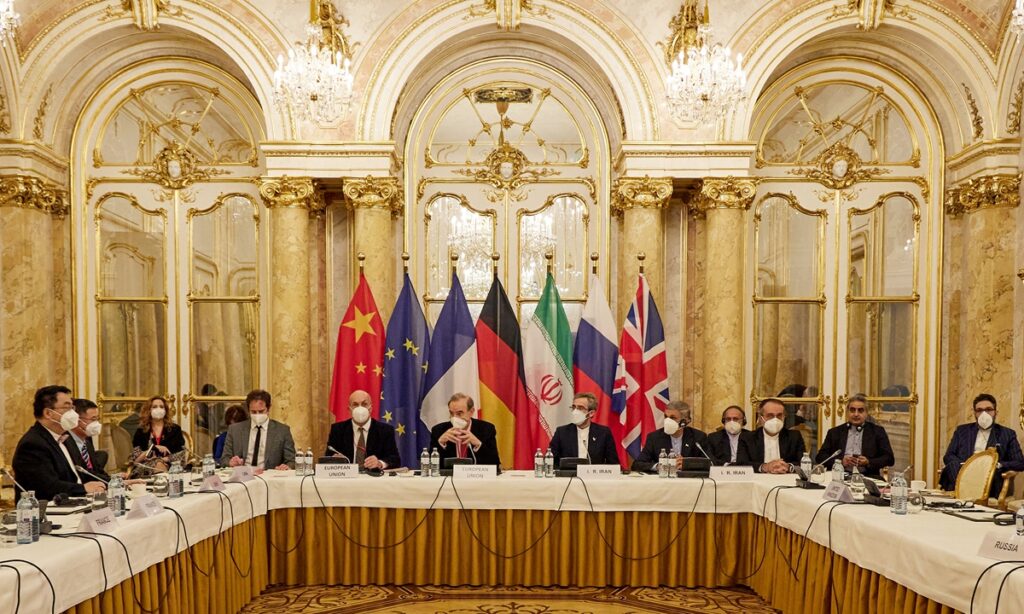Negotiations to revive the Iran nuclear deal signed in 2015 resumed on Monday in Vienna, the eighth round of talks. There are cautious hopes of a consensus this time, with many participants indicating they are eager to see the restoration of the Joint Comprehensive Plan of Action (JCPOA) based on a new joint document that includes the lifting of sanctions.
Iran’s chief negotiator, Ali Bagheri, said there was good progress after the seventh round of negotiations which concluded in mid-December. “If the other party accepts Iran’s logical views, the next round of talks can be the last round,” Iran’s chief negotiator told Reuters earlier this month, “whether or not a deal can be reached, depends on the will of the West.”
Wang Qun, Chinese negotiator and Ambassador of the Permanent Mission of China to the United Nations also said that, “We hope that the important consensus reached at the seventh round will be turned into a final agreement at an early date.”
Li Shaoxian, director of the China Institute for Arab Studies at Ningxia University, told the Global Times on Monday that the eighth round of negotiations is an opportunity to solidify the consensus of previous rounds of negotiations in written form, and consolidate what has been achieved for the sake of laying the foundation for future negotiations.
After the seventh round of negotiations, the Washington Post cited a senior US State Department official as saying that “some modest progress” has been made on agenda items for future discussion concerning Iran’s nuclear activities.
The “modest progress” can be interpreted as the acceptance of the outcome of the previous six rounds of talks, as well as the two draft proposals put forward by Iran. In particular, at the end of the seventh round of talks, the positivity of the parties concerned can be seen in the clear expression of their wish to resume negotiations as soon as possible, Li said.
However, Li also pointed out that the eighth round of negotiations would also be unlikely to solve the problem thoroughly, as the gap between the two sides is too wide to ignore.
One of the dilemmas is that Iran is demanding the lifting of sanctions, while the US will only agree to lift sanctions on the basis that Iran ensures that it would meet its obligations, and neither side is going to back down, Li noted.
As the one who left the pact three years ago during former president Donald Trump’s administration, which imposed illegal sanctions against Iran and third parties including China, the US should be the one to correct its mistakes, Chinese negotiator Wang Qun was quoted as saying.
Negotiators of the Iranian nuclear deal meet on December 9, 2021, in Vienna, Austria, ‘determined to work hard’ to save the 2015 deal after the talks resumed. Photos: AFP


